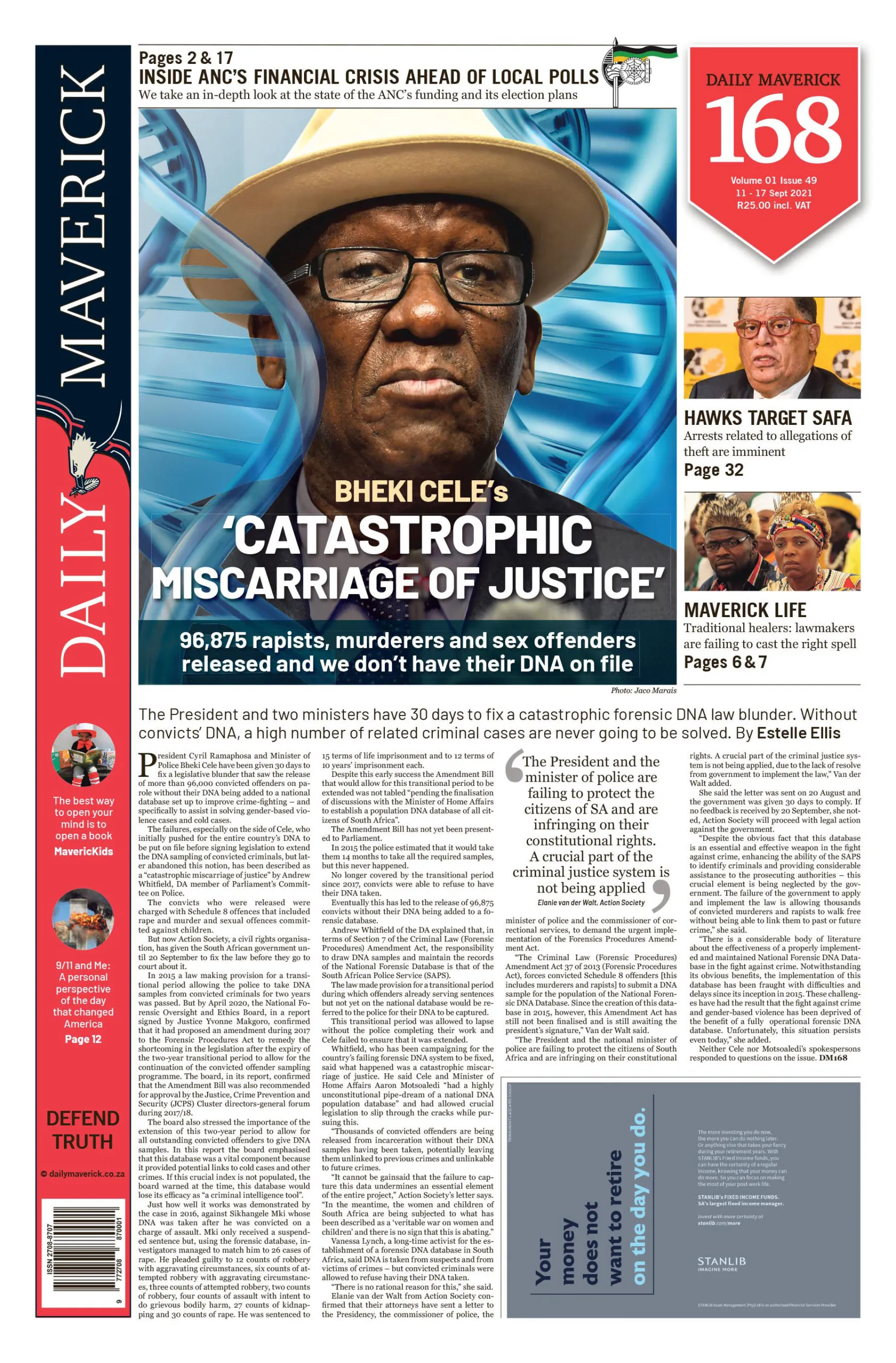First published in the Daily Maverick 168 weekly newspaper.
Language is one of the most beautiful ways to express ourselves as people and to keep our culture alive. It can serve the purpose of inclusion and belonging but can sometimes be used for the purpose of exclusion and marginalisation. In South Africa, chapter 2 sections 30 and 31 of our Constitution guarantees our rights to practise and uphold our cultures and languages. What it does not do is guarantee the right to the assertion of one language or culture over another. That would be imperialistic.
One of the tactics of imperialism is the erasure of culture, and language asserting its dominance and enforcing assimilation.
We are emerging from a dark history where black people’s names were invalidated by white South Africans; dismissing them as too difficult and glibly replacing them with English and Afrikaans names of their choice so that they would not have to bother with learning to pronounce them. Put bluntly, black people do not have English and Afrikaans names out of choice but out of the need for economic survival because of our inherent master and slave dialectic.
Now admittedly, the world has been suffering through a pervasive and contrived social media-fuelled outrage and horror for a while now and so of course we’re constantly on guard and ever ready to roll our eyes at the latest benign offence and to dismiss it as such.
However, at the Film Industry Engagement ’21 on 8 September, where Cape Town alderman JP Smith dismissed Abongile Nzelenzele’s surname as too difficult to pronounce, was not that time.
Living in SA needs grit, humour and stamina, but as we all know, sometimes those reserves run low, particularly when resilience is required to be displayed disproportionately by only certain members of our society, who more often than not are black people, like me.
I make it a point that when I meet people I introduce myself with my full name because, you know, it’s my name and it carries the hopes, dreams, aspirations and historical significance of the time in which I was born and by whom I was named ... my identity.
I was born in the ’80s, a time in which the country was experiencing its greatest turmoil, and if we are honest it is a wonder most of us black ’80s babies made it into adulthood, which, spoiler alert, also explains my name. My parents made a deliberate decision to give me only Xhosa names because they understood the deeply political nature of language and its use as a system of oppression in South Africa.
But back to Smith’s dismissal of Nzelenzele’s surname – “I’m not even gonna try that surname, dude. Too many vowels, too awkwardly placed” – after which he said Nzelenzele should have a “short, compact one like me, ‘Smith’”. The assertion here was that there is something wrong with Nzelenzele’s surname and he would therefore not bother to pronounce it.
What should our response be to such an assertion in 2021 in a country that seemingly embraces its cultural diversity? If we are to take it as a joke, we are then compelled to ask at whose expense the humour is, and why. Because it seems to me that it would be at Nzelenzele’s family’s expense – and why should we invest in that?
All of this, of course, in defence of the comfortability and easing of the guilty conscience of a man who, in a few seconds, made an entire family and history invisible?
So no, it’s not with faux outrage that we take exception to careless utterances like Smith’s, it’s because of our history. The fact that white people do not have to worry that someone at any point will simply decide not to recognise or ridicule their name or just simply assign them a new name is surely telling. Language has power and language is political, and chalking up Smith’s incident as a joke completely invalidates a person’s identity.
What Smith missed was an opportunity to learn and contribute to a discussion in a meaningful and socially empathetic and cohesive way. This is also evident in the response to the video, which was a short statement from his office as opposed to a personal response. It is also important for us as South Africans to reflect on our thoughts and feelings that may have been elicited by the incident and ask ourselves this question: while watching the video, did you identify with Smith’s assertion or were you repelled by it, and why?
Our Constitution can only go so far to safeguard our rights. It is up to us to live a life that mirrors the values of those rights.
So what’s in a name? Our identity, our belonging, our family, that’s what. DM168
This story first appeared in our weekly Daily Maverick 168 newspaper which is available for R25 at Pick n Pay, Exclusive Books and airport bookstores. For your nearest stockist, please click here.

This article is more than 4 years old
In the name of history and identity: The power and politics behind black people’s names
I make it a point that when I meet people I introduce myself with my full name because, you know, it’s my name and it carries the hopes, dreams, aspirations and historical significance of the time in which I was born and by whom I was named ... my identity.




